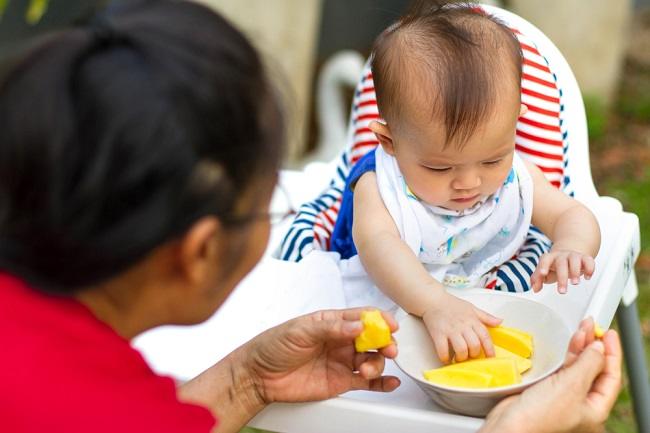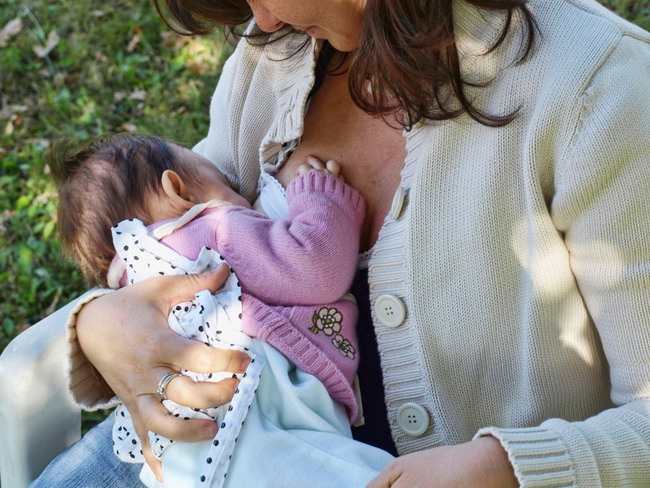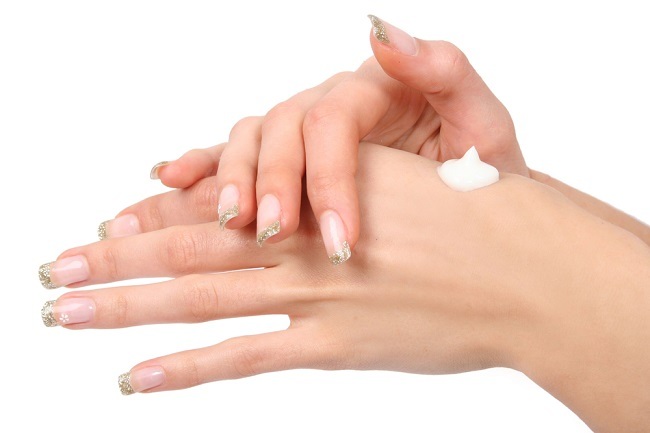Pregnant women have a weaker immune system. This makes pregnant women vulnerable to disease, including mumps. This disease is at risk of causing complications for the fetus in the womb. Come on, find out how mumps in pregnant women affects the health of the fetus.
Mumps is caused by a virus Paramyxovirus. This disease can be transmitted through splashes of saliva, nasal mucus (snot), and direct contact with sufferers. Mumps can cause serious complications if left untreated or left untreated, especially in pregnant women.

Symptoms of Mumps in Pregnant Women
The hallmark symptom of mumps is swelling of one or both parotid glands. This gland is located under the ear and functions to produce saliva. Swollen parotid glands can cause pain and difficulty swallowing.
In addition, other symptoms that are usually similar to flu symptoms will appear, such as:
- Fever
- Fatigue
- Headache
- Body aches or muscle pain
- happy
- Loss of appetite
- dry mouth
- Mild stomach ache
The symptoms of mumps usually appear within two to three weeks after the virus enters the body.
The Danger of Mumps in Pregnant Women
Mumps in pregnant women is often associated with the risk of miscarriage, especially if the mother experiences mumps in early pregnancy. According to research, mumps infection in pregnant women in the early trimester of pregnancy can increase the risk of fetal death in the womb and miscarriage by up to 27%.
In addition, mumps in pregnant women is also suspected to cause birth defects in babies. The most common congenital birth defect associated with mumps is deafness. However, so far there has been no research that can prove that mumps in pregnant women can cause congenital abnormalities in babies.
Preventing Mumps in Pregnant Women
Prevention is always better than cure. The best way to prevent mumps is to have the MMR vaccinated twice. The MMR vaccine is not only effective in preventing mumps, but also smallpox and rubella.
However, the MMR vaccine should not be given to pregnant women or women who are planning to become pregnant. Therefore, women of childbearing age should have received the MMR vaccine before planning a pregnancy.
So that pregnant women do not get mumps to harm the fetus in the womb, it is also recommended to:
- Avoid direct contact with people with mumps.
- Wear a mask to avoid splashing other people's body fluids.
- Diligently wash hands with soap and water.
In order to avoid mumps, pregnant women must always maintain the health of themselves and the fetus. Check your womb regularly and immediately consult a gynecologist if you experience complaints about pregnancy.









